Summer is a time not only for rest, vacations and summer cottages, but also for the beginning or continuation of construction and repairs.
The second step in building a house is to insulate it. For this, special building materials are used - insulation. They are represented by a diverse assortment, thickness, quality, cost, manufacturers.
In order to understand the materials and choose an acceptable option for yourself, the editors of the site "Ya Nashla" prepared for you information on the correct choice of insulation for roofs and an overview of the best manufacturers for 2020.

Content
Choosing the right one - selection criteria
Thermal insulation materials are considered to be building materials that retain heat in the premises. They keep the required temperature cold and cool during hot weather, protect from noise and create a fire barrier.
When warming with such types of insulation, heating costs are reduced to half (1/2) and protection of the home from freezing, moisture is formed, thereby preserving the durability of building materials, increasing their operational properties.
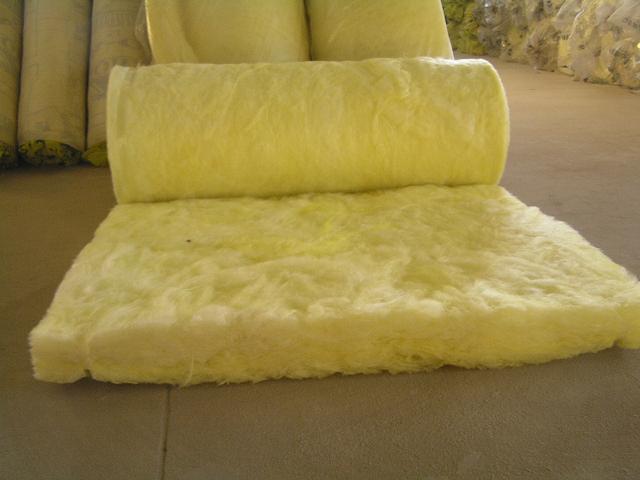
Functional properties
It is known that up to 30% of heat loss can occur through roof slots. Therefore, it is important to insulate it to maintain a comfortable stay.
Roof insulation can be different, depending on the structure of the object:
- if you have an attic room, then the roof slopes are insulated;
- if an additional housing area is not expected in the attic, then insulation is laid on the ceiling-ceiling.
The principle of operation of heaters is explained by the properties of immobilized air, which is in the pores of the material itself. It is an excellent means of insulation with high levels of preservation of the required temperature.

Popular types of roof insulation - what are there
The range of types of heat-retaining materials for the roof of a house presented in specialized stores is wide and varied, these are:
- URSA is a staple fiberglass made using a special technology. The high elasticity of the material and its non-susceptibility to deformation make it easy to assemble by one person without additional fasteners.
- Basalt is a type of stone wool obtained from crushed basalt and its subsequent melting. As a result, the corresponding fibers are created. It is one of the most environmentally friendly heat materials. It is easy to cut and durable. The hydrophobic insulation is easy to install.
- Polyfoam (penoizol) is a material that contains 2% polystyrene, and the remaining 98% is air. Its advantages are lightness, cheapness and ease of laying. But it lends itself to acids, fragility, flammability, toxicity; mice eat it.
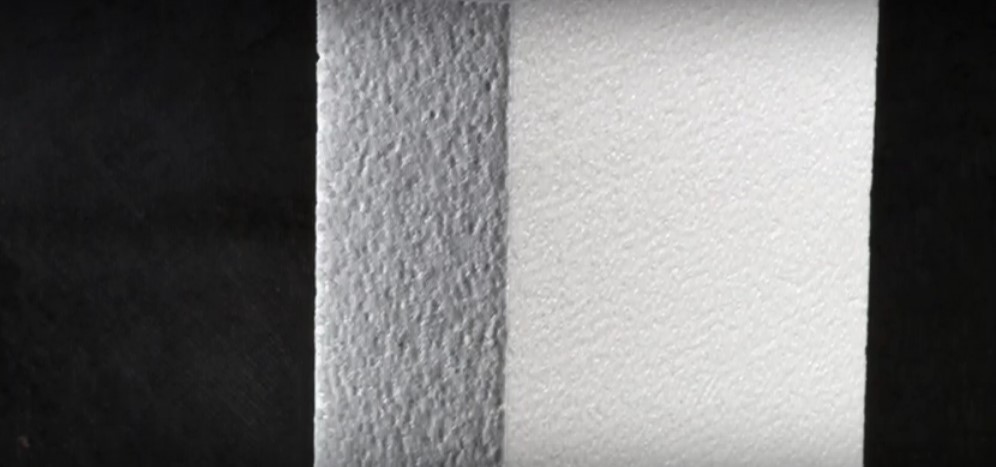
- Extruded expanded polystyrene - made of expanded polystyrene by the extrusion process. Its advantages are hygroscopicity, property not to swell. It does not diminish its shape, does not lend itself to putrefactive processes and the action of chemicals.
- Foam concrete - cement, sand, water, foaming agent in the process of hardening form a large number of bubbles. Special additives make it durable, water and frost resistant. Eco-friendly insulation that is easy to process.
- Mineral wool (fiberglass) - is obtained by melting sand and broken glass under the influence of high temperatures (1300 degrees). The addition of polymer resins as a binder of the resulting fibers converts them into fibrous webs. The result is an elastic and shape-holding material that does not require additional fixation.

- Polyurethane foam - produced from refined products. It can be used in metal sandwich panels. It has low thermal conductivity, low vapor permeability, good waterproofing properties.
- Cellulosic - made from recycled cellulose and extinguishing agents, such as boric acid or borax. Such building material does not lend itself to decay, heat-resistant, fire-retardant, non-corrosive to adjacent metals.
- Foamed glass - cellular or foam glass. It is obtained by exposure to high temperature (1000 degrees) on silicate glass. They soften at first, and then begin to foam. Having received the binder mass, it is cooled to room temperature, and a durable, porous material for insulation is obtained. Environmentally friendly, safe insulation with high thermal insulation properties. Resistant to acids, moisture, fire, mold. Durable and easy to stack. Not available to rodents.
- Stone wool is created from alloys of volcanic rocks and basalt. Chaotically arranged fibers give rigidity and shape retention, thickness for a long period. Not subject to deformation.
- Sandwich panels - consist of 3 layers: two layers of rigid building material and a layer of insulation between them. All components are fastened together by cold or hot press. There are special ones for the roof. Such panels are environmentally friendly and safe for health. High thermal insulation properties. Ease of transportation and installation, without the need for interior decoration. Resistant to mold.
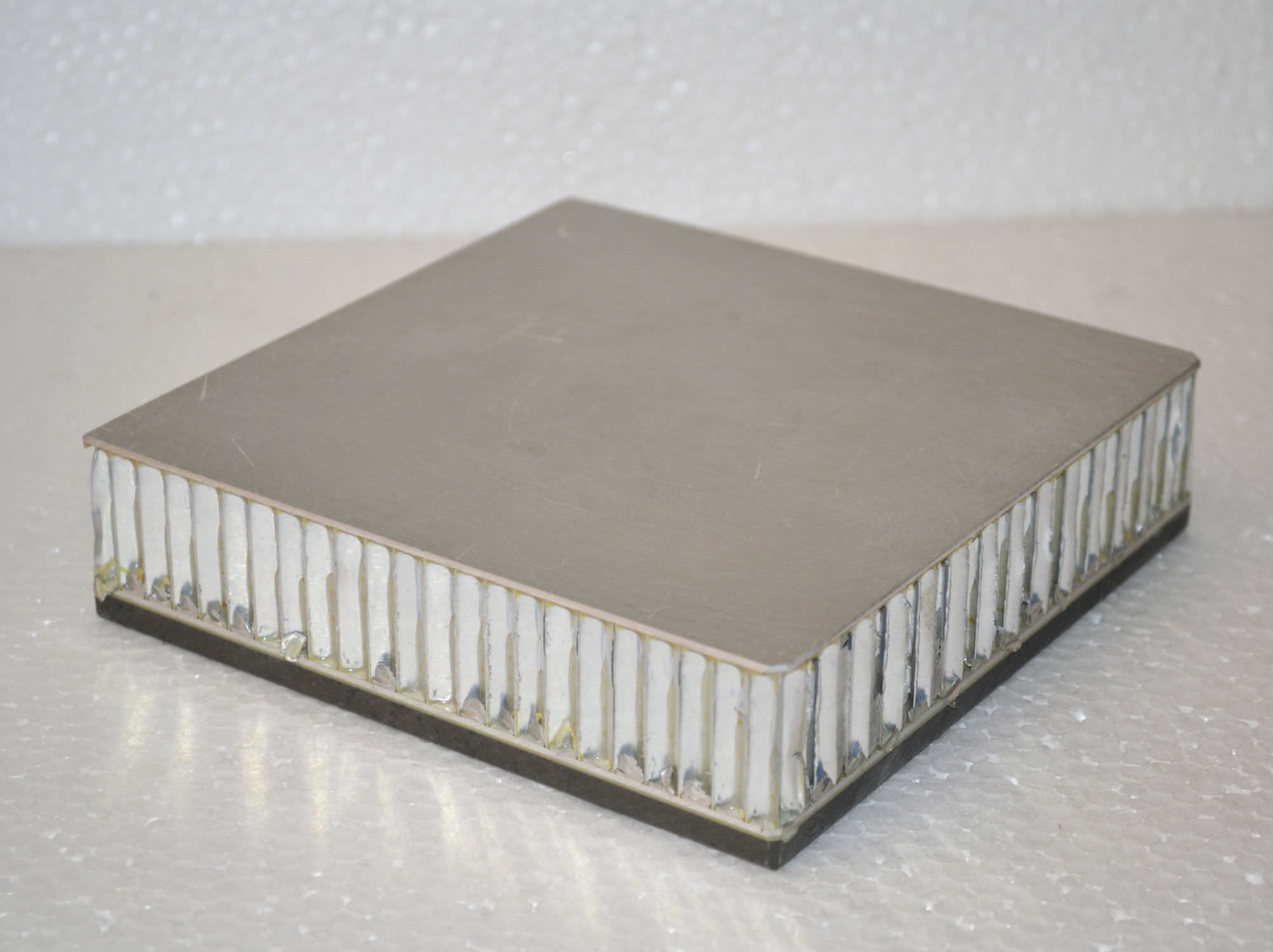
- Expanded clay - suitable for floors. Lightweight and porous, it absorbs moisture well and retains heat. It is produced by processing clay with high temperature, obtaining various size fractions. The heat-conducting qualities of the insulation depend on the size of the granules. This is a fairly fire-resistant, environmentally friendly insulation that is not subject to decomposition and decay. It is resistant to low temperatures.
- Teplolen is an innovative product characterized by high absorbency and moisture return without changing its parameters and properties. It is environmentally friendly, containing up to 85% flax and about 15% binders.
Characteristics of heat materials
At the time of selection, the fundamental criteria for the material include:
- its thermal conductivity coefficient is lambda. It is a measure of heat loss over a certain amount of time. The lower this indicator for the material, the better it is. 0.036 is the average for keeping enough heat.
- Density is the ratio of mass to volume. It affects the thermal conductivity, the quality of the insulation. But high density is not always a guarantee of heat preservation. Thermal insulation qualities depend on the technological process of its manufacture. For the roof, a density of 45 to 70 kg / m3 will be sufficient.
- Vapor permeable properties - how it allows water vapor to pass from inside the room. Resistance to absorption with simultaneous invariability of properties speaks of high quality.

- Hydrophobicity is the ability to repel water. The water absorption indicator will tell you about the property of absorbing moisture from the outside. The material must be highly water-repellent.
The higher the moisture-absorbing properties of the material, the worse its thermal properties.
- Flammability class - the high resistance of the building material to fire is important. The higher it is, the safer it is to live in such a building. When melted, it should not emit toxic substances and unpleasant odors.
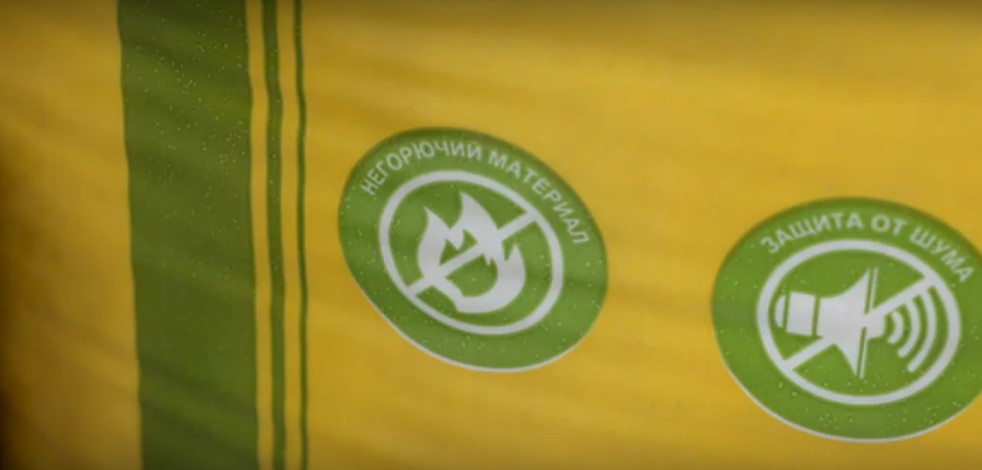
- Environmental friendliness - exclusion of the content of toxic substances in the composition, the release of unpleasant odors. It is also an important point when choosing a heating material, characterizing its "purity".
- Durability - the material should last as long as possible and it is desirable that it does not lose its original properties for as long as possible.
- Thickness - should correspond to 200 mm according to the standard. This indicator is taken as a basis from SNiP - a document regulating the rules for thermal protection of buildings during construction and repair.
The required thickness will depend on the thermal conductivity of the material.
The norm of roof insulation according to SNiP is 5.2 watts / sq.m. / temperature difference in degrees. Those. when multiplying three values, the amount of heat loss comes out. To obtain an approved insulation standard (5.2), it is necessary to divide the thickness of the material by its thermal conductivity.
- The reaction to caking - it depends on how the insulation is straightened for fixing, its deformation during compression. It should be rigid when deflected and not break in the hands during installation.
- Construction quality. An important point for the material is the ability to cut it without problems, without crumbling edges or unnecessary kinks. Laying without gaps, cracks. Its compatibility with other plates. In order not to slip, not to deform. It is desirable that it does not require additional costs and efforts for additional fasteners.
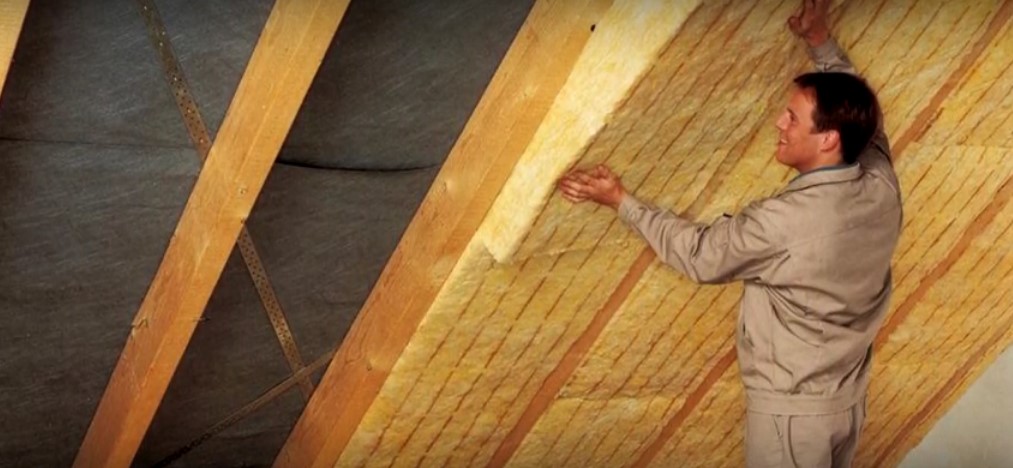
- Resisting the action of rodents. There are some building materials that rodents like to eat (for example, foam). This leads to coloring and a subsequent decrease in thermal insulation properties. An unpleasant factor to avoid.
- Anti-corrosion resistance. After all, insulation is a material that comes into contact with the external materials of the room or interior finishing materials. Therefore, its resistance to corrosion is important. This will extend the durability of the structure.
Manufacturers
The following brands are recognized as the best manufacturers in the insulation market:
- Penoplex;
- Ursa;
- Tepleks;
- Rockwell;
- Izover;
- TechnoNIKOL;
- Knauf.
These are firms with an impeccable reputation that have proven themselves in the global and domestic markets as manufacturers of high-quality insulation materials with high performance.
How much is
In order to navigate the cost of heaters, it is necessary to take into account that manufacturers give out the cost for the packaging of goods, which can consist of plates of different sizes and quantities or a roll of many meters.
The only constant size for this kind of product is its width (60 cm). It is constant due to the permissible width between the structure beams and corresponds to it.
Multiplying the width by the length of the coverage area, we find out the required amount of heat material.

How to properly insulate the roof
There are not so many recommendations for installing thermal insulation, but compliance with these rules guarantees the quality of insulation and, accordingly, comfortable living and cost savings. Let's take a look at how to properly lay roof insulation:
- we will prepare a nylon thread in advance. We use it as an additional fixation against sagging if necessary.
- We lay plates or roll material in a checkerboard pattern. Those. the joints must self-overlap without the formation of gaps or gaps.
 Laying can be done in 1 or 2 layers.
Laying can be done in 1 or 2 layers.
- A vapor barrier film should be fixed on the bottom of the rafters. Horizontally, overlapping each other (up to 15 cm), fixed with mounting tape or special glue. It will protect the heat insulation from internal vapors.
- Next, the insulation itself is laid in 1 - 2 layers, at least 20 cm thick. Be sure to take into account that the size of the heat plates must match the covered area.
Bending of the material is not allowed, due to the loss of its thermal qualities in a compressed state.
- The next step is to secure the outside of the waterproofing film from external exposure to moisture. It is possible in 2 ways: with 1 or 2 ventilation gaps.
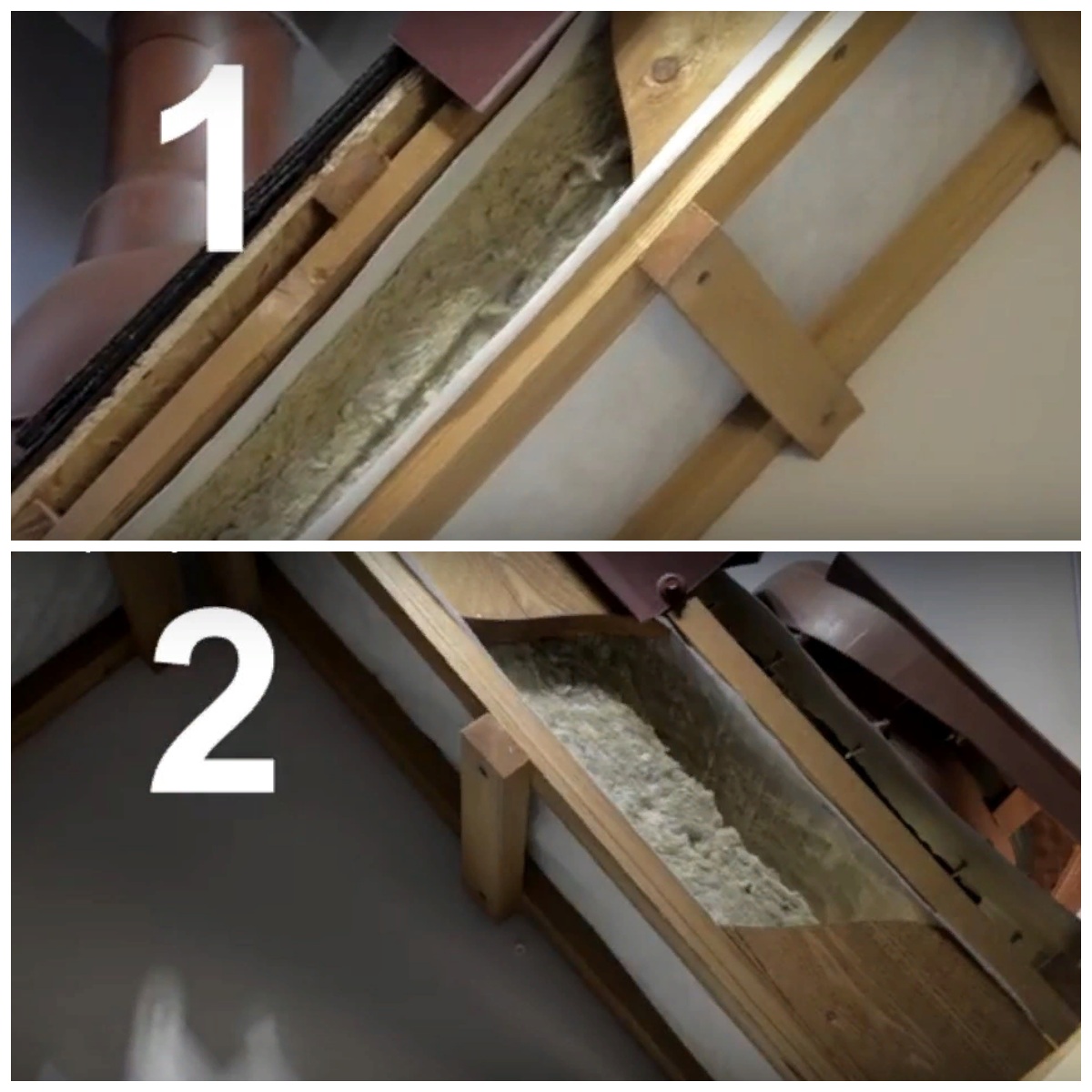
The version with one ventilation gap is simpler, more economical, more rational and more convenient during installation. But the choice depends on personal preference.
- Subsequent fastening of a counter-batten with a size of 50 * 50 to increase the insulation layer;
- We provide ventilation gaps passing through the cornices with an exit in the roof ridge;
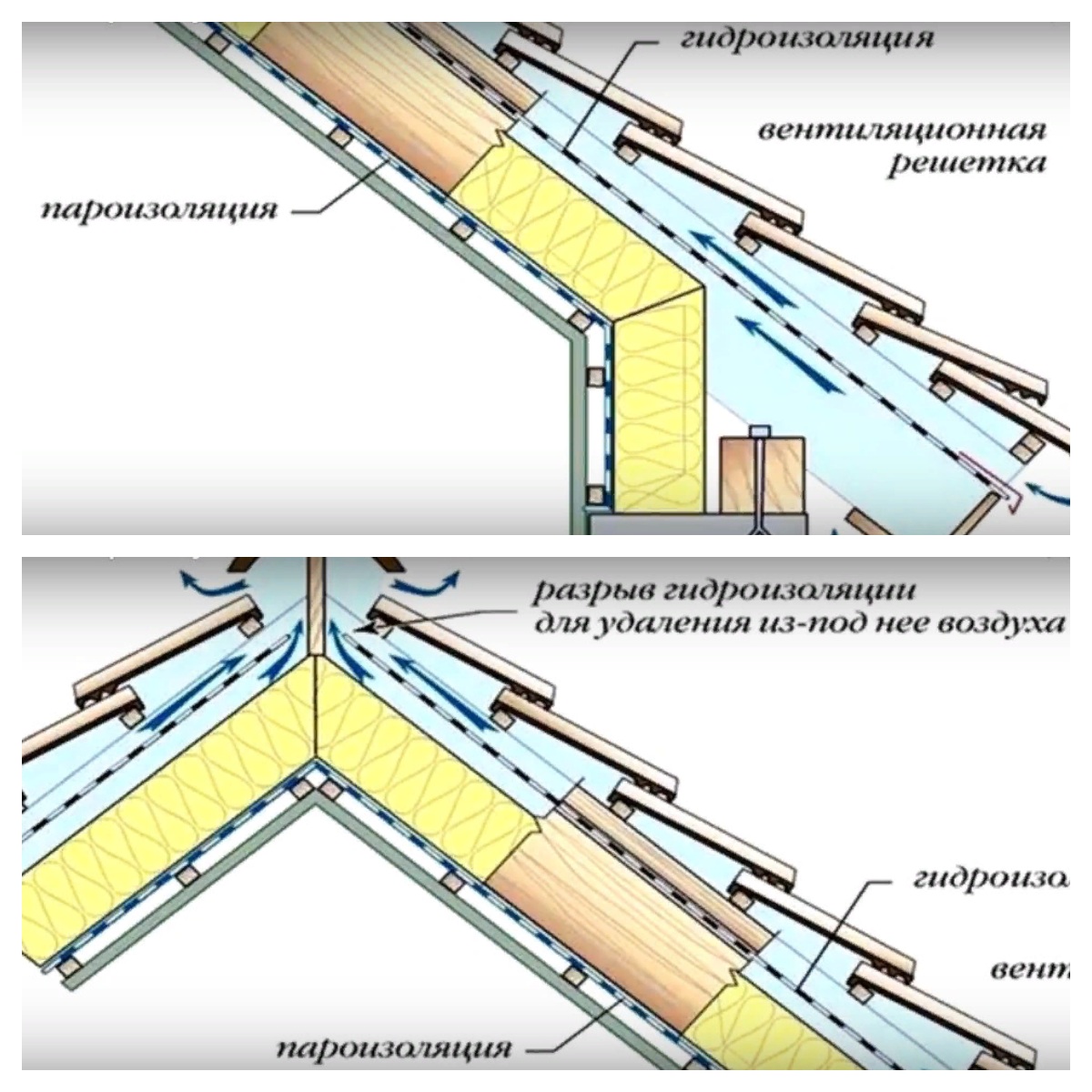
- We finish the insulation of the roof with interior decoration with facing materials, using drywall, plywood, etc.
Compliance with the recommendations will lead to the exclusion of icing of the roof in winter and its leakage in rainy, inclement weather, the formation of frost or condensation.
How to avoid mistakes, what to look for
In order to avoid "re-warming", i.e. reconstruction of insulation, you should pay attention to possible errors:
- the wood used must be dry and ventilated for at least six months before using it to avoid decay. If this is not possible, use industrially dried wood and let it dry for another 2-3 weeks in the finished structure.
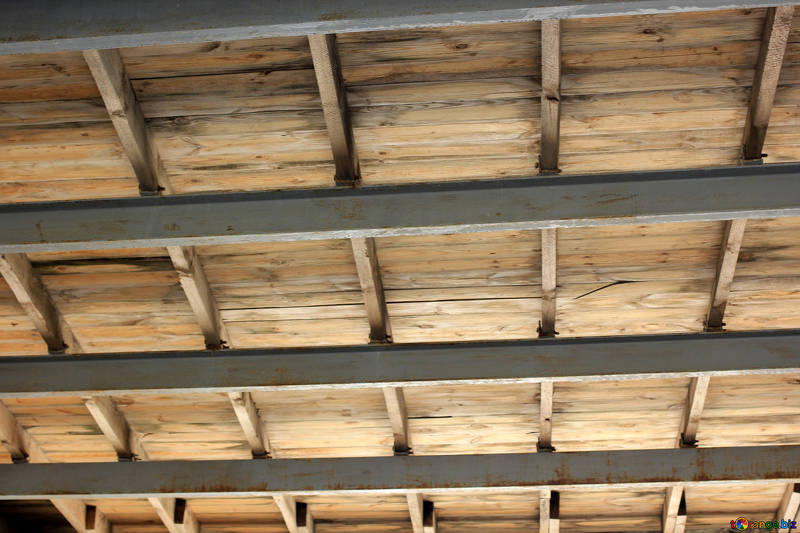
- Waterproofing and vapor barrier films may look similar in appearance. Unscrupulous or unprofessional builders can confuse the places of their laying, laying the opposite. This will create condensation inside the room.
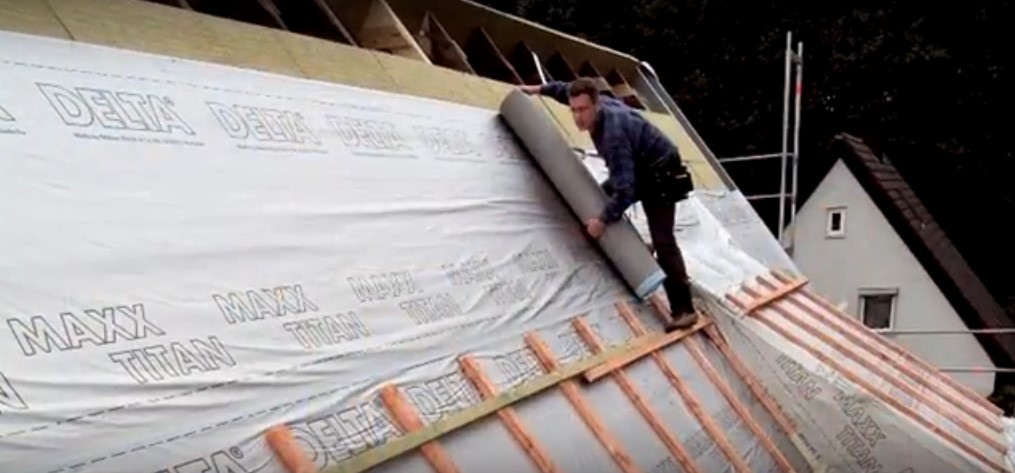
Be careful when buying a film and, if possible, control the process of its installation.
Addition to the recommendations
When installing insulation, it will not be superfluous to comply with some more rules related to ensuring health safety:
- the use of long trousers or overalls, protective gloves, glasses will protect the skin from prickly fibers;
- wearing a mask or respirator will protect the respiratory tract from dust and small particles;
- use a sharp knife with a blade of 15 cm or more to cut the insulation;
- do not forget to ventilate the room in which you are working;
- try to prevent the thermal insulation from getting wet during its fixing.
Rating of popular models of insulation for roofs
tailored to the opinion of buyers
Thermal insulation Izovol / L-35
Manufacturer: Russia
Average cost: 520 rubles.
Reviews: Rated 5 out of 5, 100% of buyers recommend
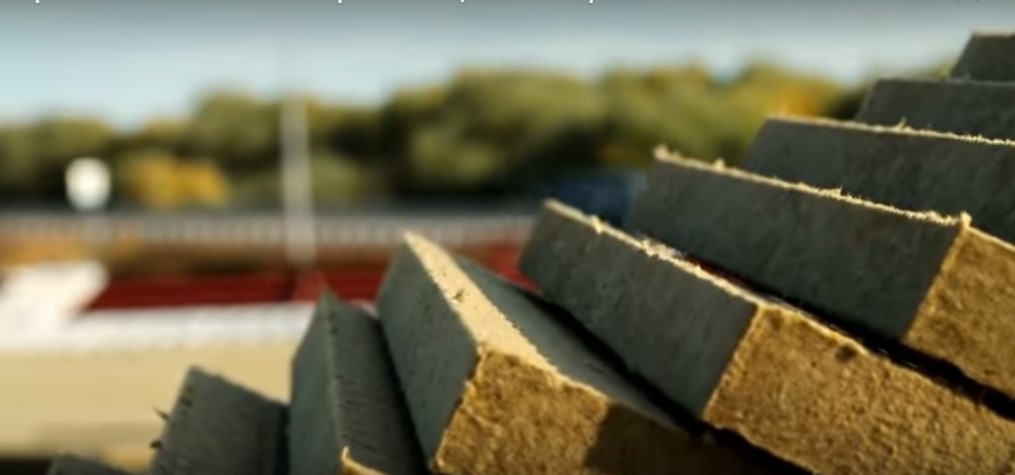
This is a product of a Belgorod manufacturer.
Basalt wool insulation is made using a technological process, which provides for a special Ecosaf technology. It implies the elimination of coke and blast furnace slags in the composition. The result is a healthy, environmentally friendly building material. It is quite effective in thermal insulation of buildings, protects against fires and provides additional noise insulation.
It is possible to use this heat material for mansard roofs, cold attics, non-stressed structures.
The characteristics include its quantity in a package - 8 pcs. in the form of slabs., 4.8 square meters in size, 60 cm wide, 1 m long, 5 cm thick, with a density of 35 kg / m3.
The thermal conductivity coefficient is 0.035 W / (m / K).
Advantages:
- low thermal conductivity;
- hydrophobicity;
- durability;
- fire and sound insulation resistance;
- high vapor permeability;
- environmental friendliness;
- ease of installation;
- does not cake;
- quality;
- inexpensive cost
- chemical resistance.
Disadvantages:
- difficult to cut;
- prickly.
Basalt wool Technonikol / Technolight-Extra
Manufacturer: Russia
Average cost: 588 rubles.
Reviews: More than 50% of buyers recommend a product
 The Russian brand, which is the largest euro producer, includes factories located both in Russia and in Lithuania, Czech Republic, Belarus, Italy, Poland. The products are distinguished by their efficiency and maximum service life.
The Russian brand, which is the largest euro producer, includes factories located both in Russia and in Lithuania, Czech Republic, Belarus, Italy, Poland. The products are distinguished by their efficiency and maximum service life.
Slabs from min. cotton wool is distinguished by its nonflammability, water repellency (the ability not to soak in water while maintaining steam-conducting qualities), heat and sound insulation.
Created from basalt rocks.
The characteristic of the insulation is its weight in the package - 10 kg, in the presence of 8 plates with an area of 5.76 square meters, 1 m 20 cm long, standard 60 cm wide, 5 cm thick.
Mineral wool has good sound insulation properties, non-flammability. A low compressibility factor (up to 20%) indicates a good quality of the heat product.
With a good density - from 30 to 38 kg / m3, its thermal conductivity coefficient is 0.038 W / (m * C), and vapor permeability is 0.3 mg / m * h * Pa. Water absorption is within 1.5%.
This type of insulation is suitable for a mansard roof, ceilings.
Advantages:
- high noise insulation;
- size preservation;
- keeps warm well;
- uniform density;
- smooth;
- environmental friendliness;
- moisture resistance;
- not flammable;
- cost;
- availability;
- safety;
- high-quality thermal insulation.
Disadvantages:
- heavy;
- caustic installation.
Insulation ISOVER / Warm roof
Manufacturer: Russia
Average cost: 1042 rubles.
Reviews: Rated 4.3 out of 5
 Mineral slabs of a domestic manufacturer, 1 m 17 cm long, 60 cm wide, good 10 cm thick. With a set of 7 pieces, an area of 5 sq. M. It is a mineral wool thermal material made from glass fibers (glass wool).
Mineral slabs of a domestic manufacturer, 1 m 17 cm long, 60 cm wide, good 10 cm thick. With a set of 7 pieces, an area of 5 sq. M. It is a mineral wool thermal material made from glass fibers (glass wool).
Suitable for warming educational, children's, medical institutions, pitched and mansard roofs of houses, cottages, summer cottages.
The characteristics of the insulation include its density of 20 kg / m3, thermal conductivity 0.036 W / (m * K), vapor permeability 0.7 mg / (m.h. Pa). Possesses high anti-flammability properties.
Can be used in both private and professional construction.
Advantages:
- does not lose quality when wet;
- elasticity;
- inexpensive cost;
- effective;
- convenient form for stacking in one;
- universal;
- economical;
- convenient for transportation;
- convenient for installation;
- good thermal insulation;
- ease;
- not flammable.
Disadvantages:
- dusty;
- sting;
- requires protective equipment during installation.
Basalt wool Rockwool / Light Butts
Manufacturer: Denmark
Average cost: 756 rubles.
Reviews: Rated 3.9 out of 5
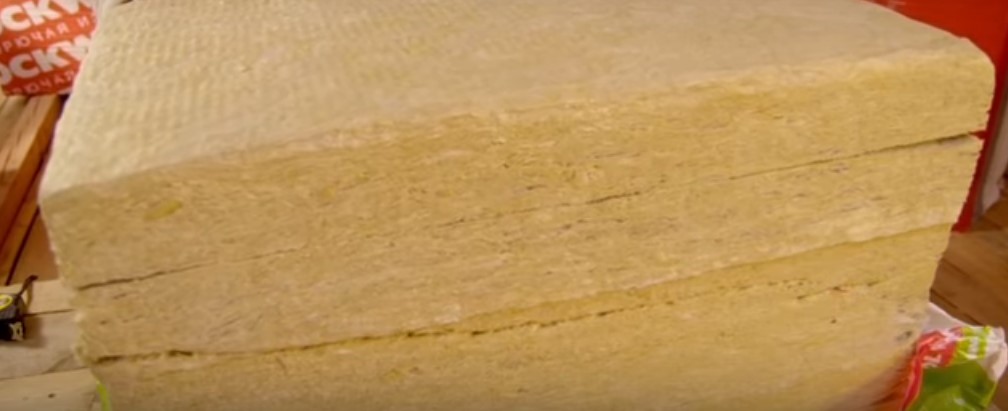
Rockwool is a group of companies with 27 thermal insulation companies in 17 countries.
Slabs made of basalt wool are lightweight, hydrophobic, with high thermal insulation. They are made from stone wool obtained from basalt and its rocks.
A distinctive feature of the material is the ability of one of the edges to bend and fold.
This is possible using the special. Flexi technology. The springy edge of the product makes it easy to install in a wooden or metal frame. For convenience, the manufacturer has marked it on the front side.
The characteristics include: weight of a package of 5 plates - 11 kg, 1 m long, 60 cm wide, one edge 10 cm thick, the second - 5 cm. The ability to compress the insulation up to 30%, density 37 kg / m3, water permeability - 1 kg / m2, vapor permeability - 0.3 mg / m * h, thermal conductivity - 0.036 W / m * C.
Suitable for insulating attics, for roofs of frame houses, baths, etc.
Advantages:
- quality;
- simplicity;
- well cut;
- good density;
- fire resistant;
- environmentally friendly;
- safe;
- rot-resistant;
- stackability.
Disadvantages:
- sting;
- periodic crumbling.
Insulation UrsаTerra 35Q - Pitched roof
Manufacturer: Spain
Average cost: 1192 rubles.
Feedback: positive
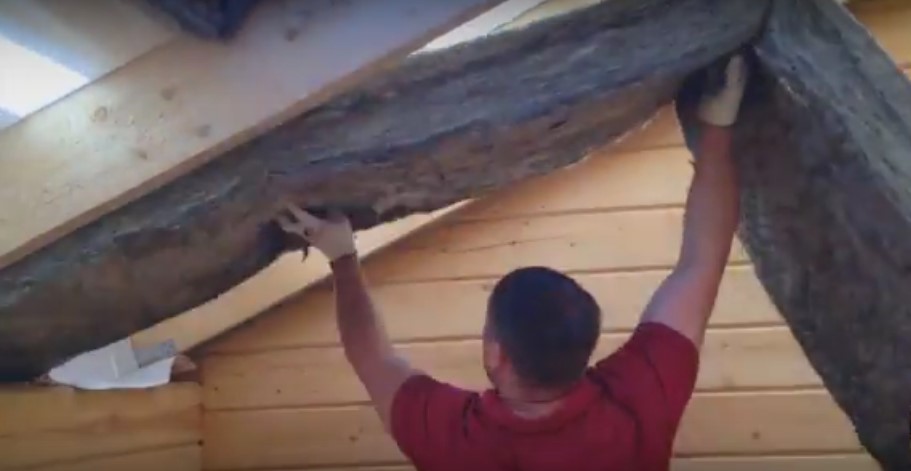 The Spanish brand presents a thermal insulation material in the form of slabs laid in a roll. They can be cut lengthwise or crosswise to create the required shape in a custom design. It is used for pitched roofs, has high sound insulation.
The Spanish brand presents a thermal insulation material in the form of slabs laid in a roll. They can be cut lengthwise or crosswise to create the required shape in a custom design. It is used for pitched roofs, has high sound insulation.
The use of special German technology URSA in the production creates such a weave of the fiber, which gives elasticity to the material.
Together with special elasticity, its stability in the roof is created throughout the entire service life.
The unique technological production contributes to such moisture resistance, which makes it possible to maintain its shape and size if it gets accidentally wet.
Has anti-corrosion properties when interacting with wood and metal.
Insulation characteristics: slab area 4.68 sq.m., its length - 3 m 90 cm, width - 1 m 20 cm, thickness - 15 cm. Non-combustible material with a density of 20 kg / m3.
Advantages:
- stability in the structure;
- does not require additional fasteners;
- anti flammable;
- preservation of shape when wet;
- convenient for non-standard shapes of areas.
Disadvantages:
- not found.
Knauf insulation / Heat for the roof - TR 037
Manufacturer: Germany
Average cost: 1000 rubles.
Feedback: only positive
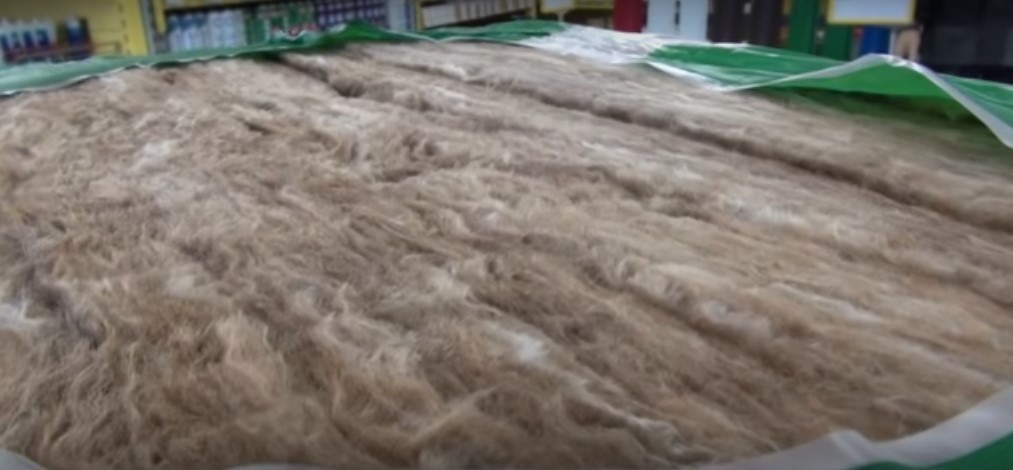 German brand, founded in 1932 and engaged in the production of various types of building materials. Today it is one of the world leaders in the production of building materials.
German brand, founded in 1932 and engaged in the production of various types of building materials. Today it is one of the world leaders in the production of building materials.
The insulation for roofs produced by him is obtained by production using the Ekos technoprocess, which excludes the use of harmful substances in the composition, ensuring safety in installation and subsequent use. Exceptions include phenol-formaldehyde resins, acrylic substances.
The characteristics of the material include its thickness - 5 cm, length 1 m 22 cm, width slightly more than standard - 61 cm 48 mm, total area - 15 sq. M. Density coefficient - 15 kg / cubic meter, thermal conductivity - 0.038 W / (m2 * K
Mineral wool has high heat-retaining properties and repels water well due to the special impregnating agent Aquastatic. Can be used to insulate pitched roofs. The elasticity of the safe insulation creates additional convenience when installing and cutting it.
Suitable for home and professional use.
Advantages:
- not flammable;
- elastic;
- universal;
- safe.
Disadvantages:
not found.
Isover / Pitched roof
Manufacturer: Russia
Average cost: 1189 rubles.
Reviews: rated 5 out of 5
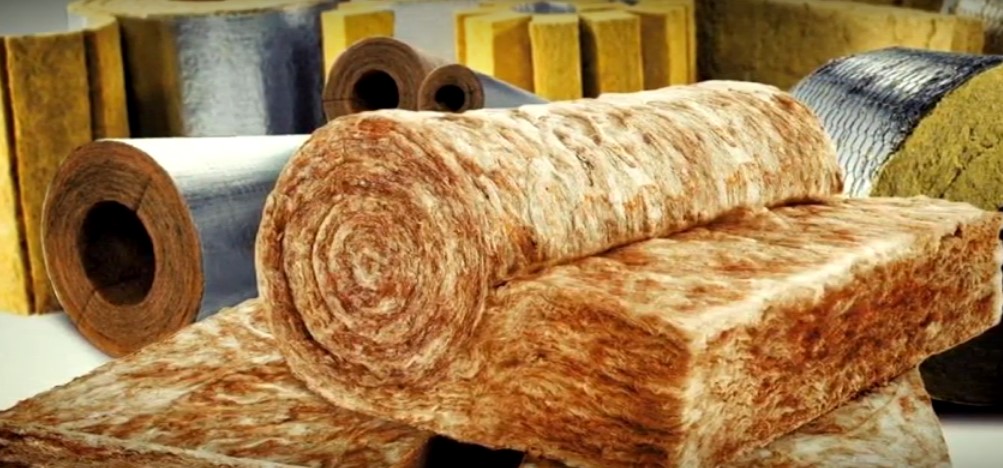 Thermal insulation of the Isover brand - the first and only Russian manufacturer of mineral wool made of glass and stone fibers. For about 20 years the company has been producing building materials on the Russian market.
Thermal insulation of the Isover brand - the first and only Russian manufacturer of mineral wool made of glass and stone fibers. For about 20 years the company has been producing building materials on the Russian market.
Its products are distinguished by the use of modern technological processes that have no competitors.
Thermal insulation meets the requirements of the international certificate for environmental friendliness, because made from natural organic components: sand, soda, limestone. Therefore, its use is permissible in the construction and renovation of kindergartens and hospitals.
The effectiveness of the material in its thermal insulation and soundproof properties.
The insulation withstands compression in the package several times due to its elasticity and elasticity. After removing it, it unfolds without any problems and takes on the required shape and size.
The characteristics of the material include its length - 1 m, width slightly more than the standard - 61 cm with a thickness of 5 cm. The package consists of 10 sheets and is designed to cover an area of 6.1 sq.m. Thermal insulation coefficient - 0.034.
Advantages:
- does not get dusty;
- reliability;
- restores shape;
- pleasant to the touch;
- no unpleasant smell;
- high thermal insulation;
- increased rigidity.
Disadvantages:
- not found.
Insulation Isobox, plate
Manufacturer: Russia
Average cost: 480 rubles.
Reviews: Rated 3.9 out of 5
 The Russian company ISOBOX has been producing building materials for roofing and insulation since 2007.
The Russian company ISOBOX has been producing building materials for roofing and insulation since 2007.
This insulation can be used to insulate residential or industrial premises, without external load.
Characteristics: length -1 m 20 cm, width - 60 cm, thickness - 5 cm. The package is made up of 8 sheets, with a density of 0-40 kg / sq. M. Designed to cover an area of 5, 76 sq.m.
Basalt insulation is an eco-product of natural origin, because created from rocks. With a good indicator of moisture resistance, thermal insulation, noise absorption, non-flammability.
This is an excellent option for thermal insulation in horizontal, inclined and vertical buildings: pitched roofs, mansard rooms, ceilings like cold attics, etc.
Advantages:
- without glass particles;
- does not crumble;
- soundproofing;
- good stackability;
- affordable cost.
Disadvantages:
- density may be uneven;
- dustiness.
Rating of high-quality expensive insulation
- Technonikol / Technoruf, size 120 x 100 x 0-10.0 cm - 34568 rubles;
- Izover / Profi-100, solution 100 x 122 x 5 cm - 23,924 rubles;
- Penoplex / Roof, solution 120 x 60 x 10 cm - 6448 rubles;
- FLAXAN / Insulation made of flax and fleece / FLAXAN MIX 50 - 5200 rubles;
- KNAUF / Therm roof PRO / KNAUF Therm Roof - 4375 rubles;
- Izovol / KV 175, solution 100 * 120 * 9 cm - 4050 rubles;
- KNAUF / Therm roof / KNAUF Therm Roof Light - 3625 rubles.
Rating of budget options for heaters
- Plenex, 1 cm thick - 40 rubles;
- TeploKnauf, 123 x 61 x 5 cm - 60 rubles;
- Hotrock / Light, solution 120 x60 x 5 cm - 68 rubles;
- Hotrock / Acoustic, solution 120 x 60 x 5 cm - 78 rubles;
- Tepofol, 1 cm thick, double-sided - 110 rubles;
- Izovol V - 90, solution 60 * 1 * 4 cm - 139 rubles;
- Foil basalt slab, size 125 x 46 x 5 cm - 190 rubles.
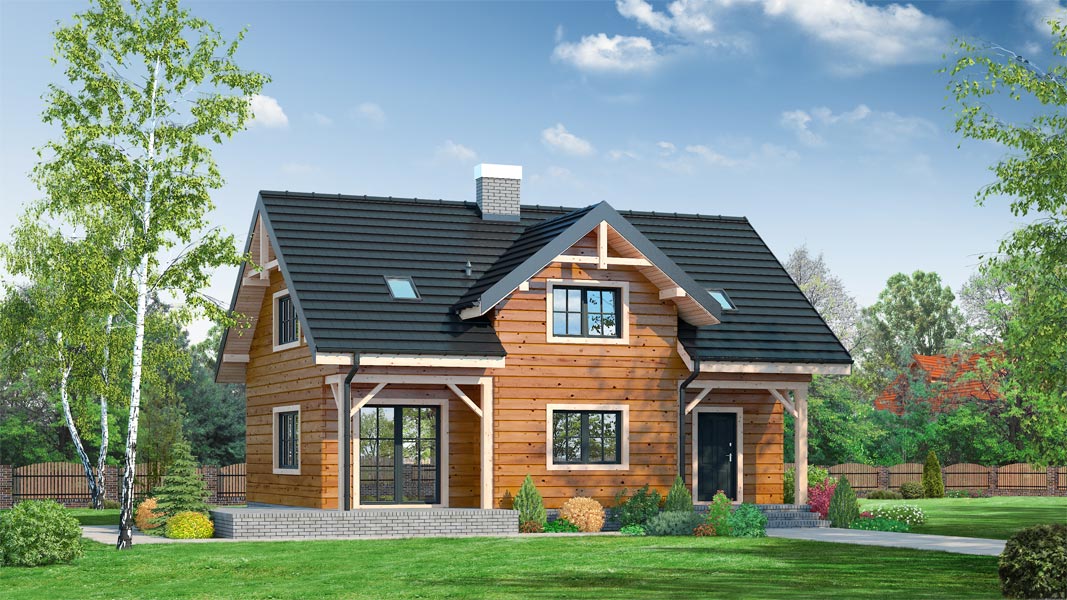
Conclusion
High-quality insulation of the room, comfortable living in it, with a decrease in energy costs, savings on heating means, plus additional sound insulation and fire protection, depends on the correct choice of thermal insulation.
So let's not save money, but choose the right quality materials for insulation, so that later you do not have to re-warm the house.
If you have experience in using insulation for roofs described in the rating, or other material, tell us about it in the comments.












